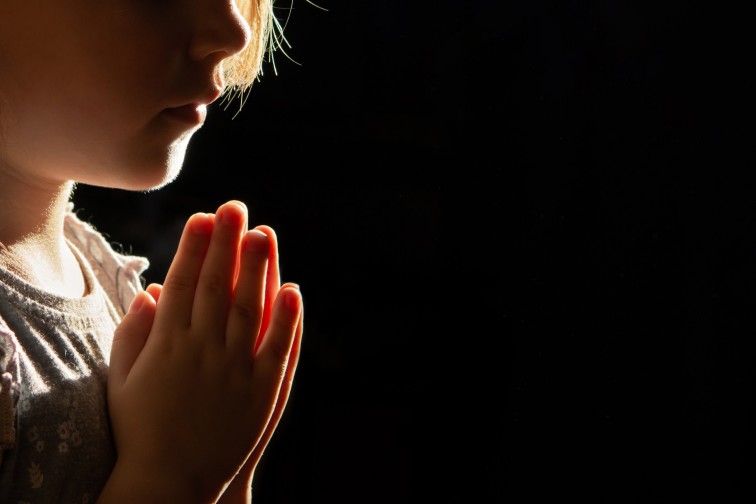On Friday afternoons, we bring you the best of our blog and the best of the web. This week’s round-up includes an article from HOPE International’s Peter Greer, a lecture from Dr. Samuel Gregg of the Acton Institute, and thoughts on Christian Libertarians from Joe Carter, Eric Teetsel, and Jacqueline Otto.
1. Poverty Alleviation and Job Creation: Peter Greer writes an excellent response to a recent Christianity Today article hilghlighting the 10 best ways to alleviate poverty.
It’s not news: Getting a job is probably the most basic way to get out of poverty. That’s why I’m amazed by the fact that in Christianity Today’s list of top 10 poverty alleviation strategies, only one directly involves job creation (microfinance).2. Dr. Samuel Gregg of the Acton Institute speaks on Europe’s economic and cultural crisis: 3. Jacqueline Otto, Joe Carter, and Eric Teetsel share their views on Christian Libertarians—whether it’s even possible to be a Christian and a Libertarian.
Jacqueline Otto: Christian Libertarians and the Myth of Legislating MoralityChristian libertarians do place high values on both individual liberty and individual virtue. They recognize the levels of order from individual governance to the authority of the state, though they would likely call the individual the “highest level of government” and the state the “lowest level of government.”
Joe Carter: What is a Christian Libertarian?In critiquing libertarians (a favorite pastime of mine) I’m often unsure how to apply it fairly to Christian libertarians. The reason I struggle with addressing Christian libertarians is because I don’t really understand what it means to be a Christian libertarian.
Eric Teetsel: Five Ways to be a Christian Libertarian
We’ve devoted many words to this topic here at V&C, but my view is pretty straightforward: Christianity’s self-sacrificial love of neighbor is irreconcilable with the libertine ideal of radical individualism.4. Joy Pullmann discusses distributism and capitalism:
A number of my thoughtful, Christian friends have become (or nearly become) distributists as we have moved through college and into life. This is a sort of “third way” economic model advocated decades ago by G.K. Chesterton and Hillaire Belloc, somewhat between capitalism and socialism but not yet mercantilism or the sort of gunked-up interventionist economy America has now. (I never thought I’d write sentences so laden with five-dollar terms—forgive me.)5. At the Institute for Faith, Work & Economics blog, Hugh Whelchel writes on “What the Cultural Mandate Means for Your Work:”
Through the lens of the Cultural Mandate we will finally see our work as “the full expression of the worker’s faculties, the thing in which he finds spiritual, mental, and bodily satisfaction, and the medium in which he offers himself to God.” (Dorothy Sayers, Unpopular Opinions)


